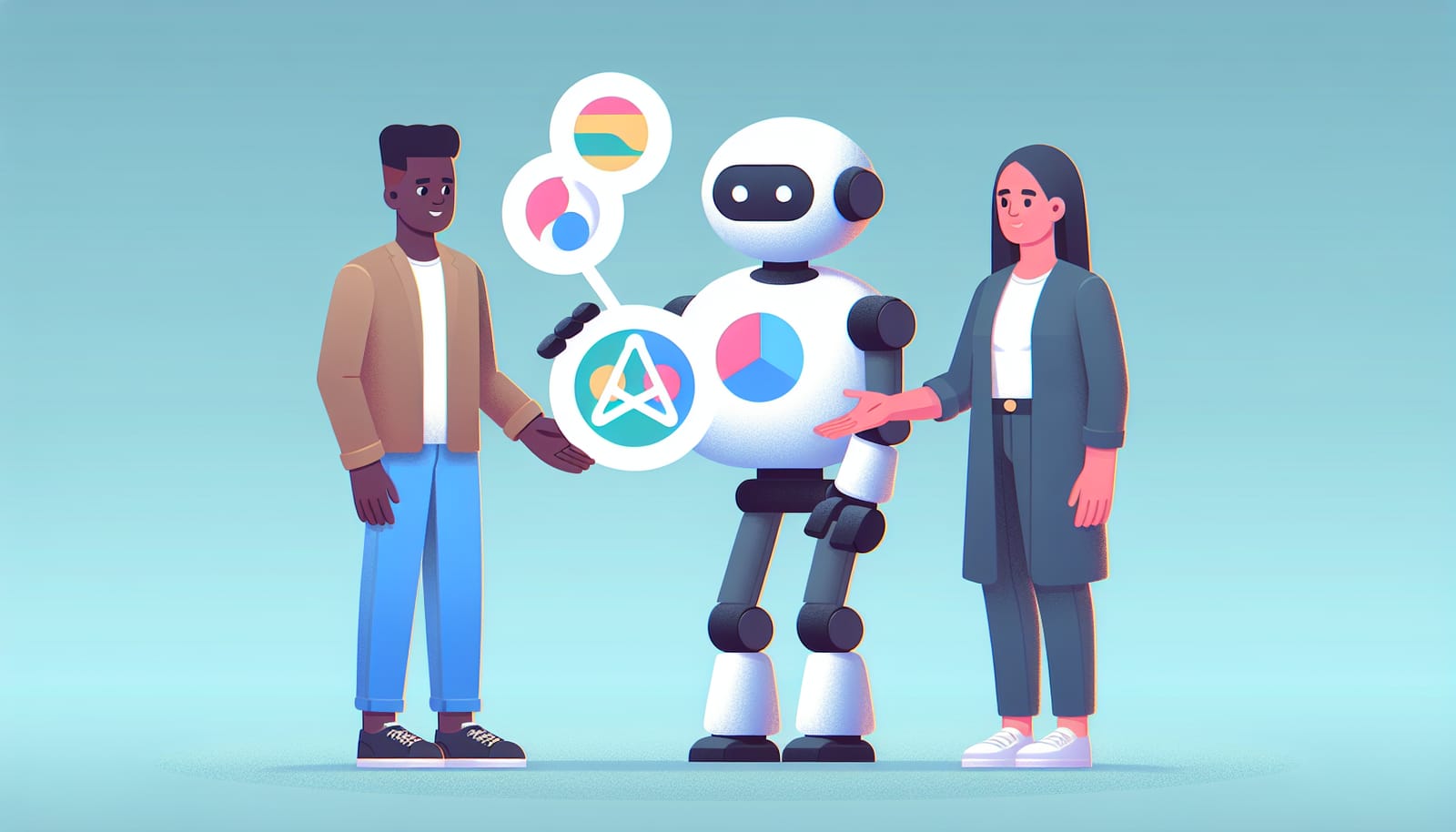As we stand at the cusp of technological evolution, the question of how artificial intelligence (AI) will shape our future becomes increasingly intriguing. Imagine a world where AI runs various aspects of our lives, from daily chores to complex decision-making processes. This article will explore the possibilities of a world run by AI, how it could enhance our lives, and the ethical considerations we need to keep in mind.
The Rise of AI: A Brief Overview
Artificial Intelligence is not a futuristic fantasy; it is already a part of our daily lives. From voice assistants like Siri and Alexa to recommendation systems on Netflix and Spotify, AI enhances our experiences by making them more personalized and efficient. But what does it mean for AI to take a more central role in our world?
As AI technology advances, we can expect it to perform more complex tasks. This could range from managing traffic systems in smart cities to assisting doctors in diagnosing diseases. The potential is vast, and we are only scratching the surface of what AI can achieve.
Everyday Life: Convenience and Efficiency
Imagine waking up in a home where everything is automated. Your AI-powered assistant gently wakes you at the best time based on your sleep patterns. As you step into the kitchen, breakfast is already prepared according to your dietary preferences and nutritional needs. Your AI system has not only saved you time but has also ensured you’re starting your day on the right foot.
In this world, mundane tasks like grocery shopping could also be revolutionized. AI could analyze your eating habits and automatically place orders for the items you frequently use. Imagine a smart fridge that knows when you’re running low on milk and orders it for you, ensuring you never have to face an empty carton again!
Work and Productivity: Redefining Our Roles
In a future dominated by AI, the workplace will be vastly different. AI could handle repetitive tasks like data entry, allowing human workers to focus on creativity and problem-solving. This shift could lead to increased job satisfaction as people engage in work that truly interests them.
AI could also provide real-time insights and analytics, helping businesses make informed decisions quickly. Imagine having an AI that can predict market trends based on data analysis, enabling companies to stay ahead of the competition. This could lead to a more dynamic economy where innovation thrives.
Education: Tailored Learning Experiences
Education is another area where AI can make a significant impact. Imagine a classroom where each student has a personalized learning plan generated by AI. This system could assess each student’s strengths and weaknesses, adapting lessons to their unique needs. Students who struggle with a subject would receive additional support, while advanced learners could be challenged with more complex materials.
Furthermore, AI can assist teachers by automating administrative tasks, allowing them to dedicate more time to engaging with students. Virtual tutors powered by AI could provide extra help outside the classroom, making education more accessible to everyone.
Healthcare: Revolutionizing Patient Care
AI’s potential in healthcare is particularly exciting. Picture a world where AI aids doctors in diagnosing illnesses more accurately and quickly. By analyzing vast amounts of data, AI can identify patterns and predict health issues before they become critical. This could lead to earlier interventions and ultimately save lives.
Moreover, AI could streamline administrative tasks within healthcare facilities, reducing waiting times and improving patient satisfaction. Imagine a hospital where patients can check in with a simple app, and AI allocates resources efficiently based on real-time data.
Transportation: Smarter, Safer Travel
In a world run by AI, transportation could become safer and more efficient. Think of self-driving cars that communicate with each other to optimize traffic flow, reducing congestion and accidents. AI could analyze traffic patterns in real-time, adjusting signals and routes to ensure a smoother journey for everyone.
Public transportation could also be revolutionized. AI can help manage schedules, ensuring buses and trains arrive on time, while also adapting routes based on passenger demand. This could lead to a significant reduction in carbon emissions as public transport becomes a more attractive option.
Ethical Considerations: The Human Element
While the benefits of an AI-driven world are numerous, ethical considerations cannot be overlooked. As we integrate AI into our lives, we must address issues like privacy, security, and job displacement. The question arises: how much control should AI have over our lives?
The key will be to strike a balance between leveraging AI’s capabilities and maintaining human oversight. Governments, organizations, and individuals must work together to create regulations that ensure AI is used responsibly and ethically.
A Collaborative Future: Humans and AI
A world run by AI does not mean a world without humans. Instead, it envisions a collaborative future where humans and AI work together to solve complex challenges. AI can augment human capabilities, allowing us to achieve things we never thought possible.
Imagine scientists using AI to simulate experiments faster than ever before, leading to breakthroughs in medicine, energy, and technology. Artists could collaborate with AI to create stunning works of art, pushing the boundaries of creativity.
Conclusion: A Bright Future Ahead
As we look ahead, the possibilities of a world run by AI are thrilling. From enhancing everyday life to transforming industries, AI has the potential to make our lives easier, healthier, and more fulfilling. However, it is essential to approach this future with caution, ensuring that we harness the power of AI responsibly and ethically.
In this exciting journey toward an AI-driven world, we must remember that technology is a tool—one that can empower us to create a brighter future for generations to come. The questions we face today about AI will shape the society of tomorrow, and with careful consideration, we can build a world where both humans and AI thrive together.


